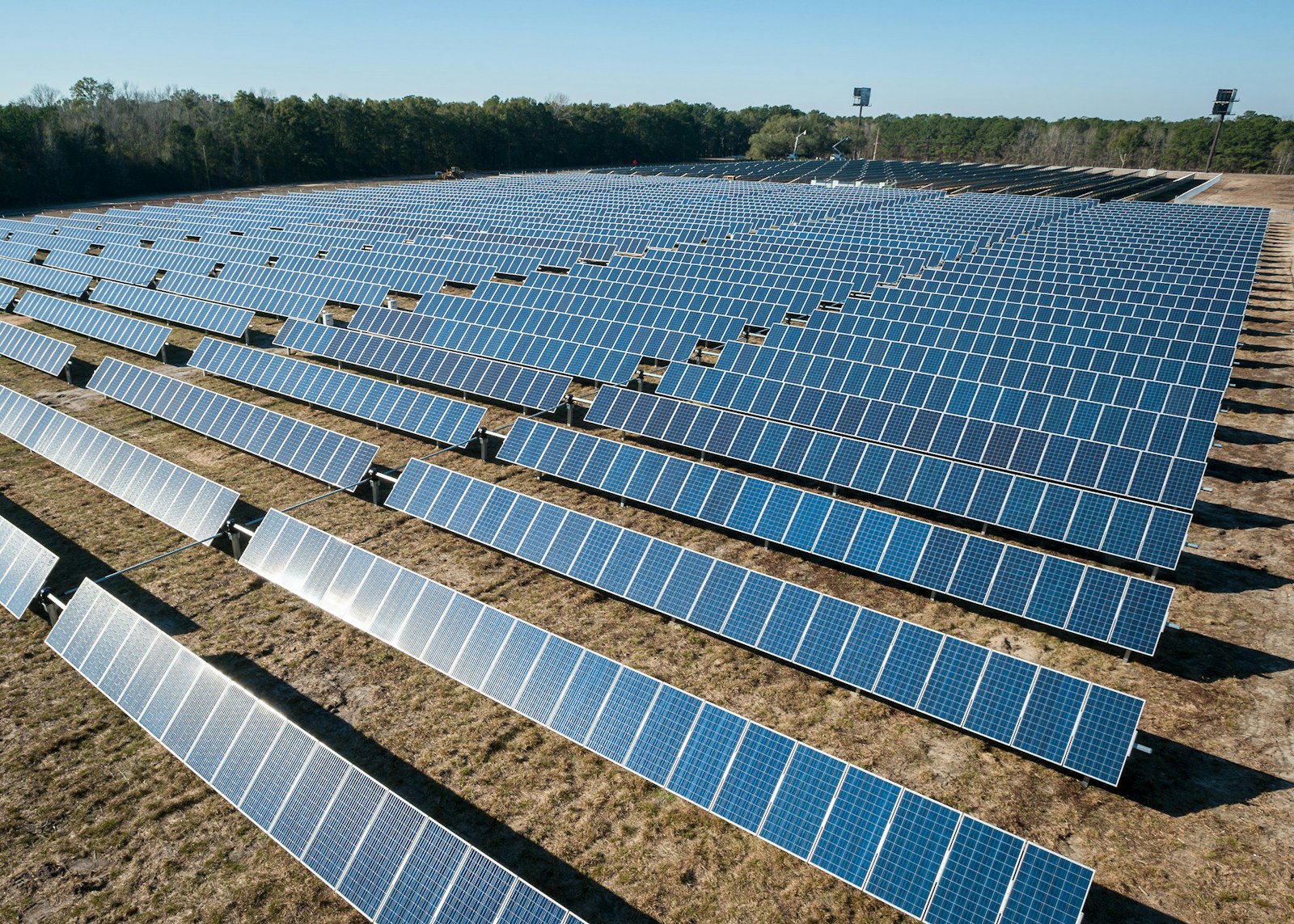こんにちは!今日は、「勝手に英検1級対策ゼミ」シリーズです。英検1級の筆記や面接のトピックのお題ってとっつきにくく感じますよね。今回はなるべく身近に感じられるように、ファッションネタから行ってみたいと思います。
[nlink url=”https://otonaeiken.com/2023/11/interview_outline/”]
もくじ
私たちに身近な「ファッション」も世界に直結しています
ファスト・ファッションとは
ファストファッション (fast fashion) は、最新の流行を取り入れながら低価格に抑えた衣料品を、短いサイクルで世界的に大量生産・販売するファッションブランドやその業態。
Wikipedia
筆者個人としてはSHEINなんかが即思い浮かびます。安くて好きなデザインの服が着られて何が問題?と思われるかもしれませが、この業態が環境に与える影響の大きさについては、大きな議論となっているのです。
まずは下準備ー何が問題とされているのか?を短い動画で見てみましょう
まずはオーストラリアのテレビ局の番組から。聞き取れる範囲で聞き取ってみてください。
いかがでしたか?
続いてはファスト・ファッション全般を題材とした短い動画を見てみましょう。
まさに同テーマの記事をタイム誌のサイトでも見かけましたので貼っておきます。ちょっと長いですがテーマとしてはばっちり。
Shein Is the World’s Most Popular Fashion Brand—at a Huge Cost to Us All
https://time.com/6247732/shein-climate-change-labor-fashion/
SHEINのビジネスモデルと、問題になっている点がなんとなくでも拾えたでしょうか。ということで下準備はこれくらいにして、本日の「英検トピック対策」、お題としては、こちら。
お題:Should We Boycott Fast Fashion Brands?
我々はファスト・ファッションをボイコットすべきか?
ちなみにこれも、海外の人気のディベートのテーマを紹介しているサイトから拾ったものです。
回答例作成はもちろん、ChatGPT先輩です。(![]() ChatGPTを英検1級の面接(二次試験)対策にフル活用/筆記対策にも応用可!-AIで英語学習)賛成・反対両方の立場と、難易度をCEFRのB2とC1の、それぞれ2パターンで作成してみましたので、「自分がしっくりくる表現、論点」を拾うつもりで目を通してみてください。
ChatGPTを英検1級の面接(二次試験)対策にフル活用/筆記対策にも応用可!-AIで英語学習)賛成・反対両方の立場と、難易度をCEFRのB2とC1の、それぞれ2パターンで作成してみましたので、「自分がしっくりくる表現、論点」を拾うつもりで目を通してみてください。
賛成派回答例「ファストファッションはボイコットすべき」
B2レベル(比較的易しめレベル)
we should indeed consider boycotting fast fashion brands for several compelling reasons.
Firstly, the environmental impact of these brands is significant. Fast fashion relies on rapid production cycles, leading to excessive resource consumption and pollution. The industry’s reliance on cheap materials and unethical manufacturing practices contributes to water pollution and waste accumulation, exacerbating the global environmental crisis.
Secondly, there are severe ethical concerns surrounding the labor practices within the fast fashion industry. Many brands outsource production to low-wage countries where workers face exploitative conditions, including long hours, low pay, and unsafe working environments. By supporting fast fashion, consumers indirectly endorse these unethical practices. Boycotting such brands sends a clear message that exploitation and disregard for human rights are unacceptable.
Thirdly, the disposable nature of fast fashion encourages a throwaway culture, contributing to the growing issue of textile waste. With trends changing rapidly, consumers discard clothing items after only a few uses, leading to overflowing landfills. By boycotting fast fashion brands, individuals can promote a more sustainable approach to clothing consumption, emphasizing quality over quantity and reducing overall waste.
いかがでしょう。スピーチとしては充分、エッセイとしては若干語彙が限られているので、若干まだるっこしい…かも?ピリッとした表現を使いたい場合は次のC1レベルがおすすめです。
C1レベル(難易度高めで攻めたい人向け)
A compelling case can be made for boycotting fast fashion brands owing to a confluence of environmental, ethical, and societal reasons.
Primarily, the ecological footprint of fast fashion is staggering. The industry’s relentless pursuit of quick production turnaround results in overconsumption of resources, leading to environmental degradation. The widespread use of cheap, non-biodegradable materials, coupled with irresponsible disposal practices, significantly contributes to pollution and exacerbates the already pressing climate crisis.
Furthermore, a boycott is warranted on ethical grounds. Fast fashion’s dependence on exploitative labor practices in low-wage countries raises serious human rights concerns. Workers in these regions endure abysmal working conditions, including long hours, paltry wages, and unsafe environments. By refraining from patronizing fast fashion brands, consumers can actively disapprove of such unethical practices and demand accountability from the industry.
Additionally, the fast fashion model fosters a culture of disposability, promoting a cycle of rapid consumption and disposal. This approach not only leads to a surge in textile waste but also perpetuates a mindset of instant gratification and trend-driven buying. By choosing to boycott fast fashion, consumers can foster a shift towards sustainable and enduring fashion choices, promoting a circular economy and reducing the strain on global resources.
In essence, the decision to boycott fast fashion brands is a conscientious stance against environmental degradation, unethical labor practices, and the promotion of a disposable culture. By aligning consumption habits with values, individuals can contribute to reshaping the fashion industry into a more sustainable, ethical, and responsible entity.
おお、ずいぶん語彙がビシッとした感じになってると思います。これくらいのエッセイがさらっと書けたらカッコいいですね!(口にできるかはまたさらにトレーニングがいると思いますが)。とはいえまずは焦らず、関連の語彙を自分の中に積み上げていきましょう。
反対派回答例「ファストファッションのボイコットはすべきでない」
B2レベル(おススメレベル)
While the idea of boycotting fast fashion brands might seem appealing, it is essential to consider the practical implications and potential drawbacks.
Firstly, affordability is a key factor for many consumers. Fast fashion brands provide budget-friendly options that make clothing accessible to a wide range of people. A boycott could inadvertently limit choices for individuals with constrained budgets, making it difficult for them to afford essential clothing items.
Secondly, the fast fashion industry plays a pivotal role in job creation, particularly in developing countries. A sudden decline in demand for fast fashion products could lead to widespread job losses and economic hardships for workers employed in this sector. Striking a balance between ethical concerns and the livelihoods of those dependent on the industry is crucial to avoid unintended negative consequences.
Thirdly, boycotting fast fashion may not lead to a significant reduction in environmental impact. While the industry has its environmental challenges, a more effective approach might involve pushing for sustainable practices within the existing framework. Completely abandoning fast fashion brands could lead to increased demand for alternative industries, potentially with their own set of environmental issues.
In conclusion, a blanket boycott of fast fashion brands may not be the most practical solution. It is essential to consider the socio-economic implications and explore more nuanced approaches to address the concerns associated with this industry. Balancing ethical considerations with economic realities and working towards positive change within the existing system might be a more sustainable and pragmatic approach.
C1レベル(難易度高めで攻めたい人向け)
The prospect of a wholesale boycott against fast fashion brands warrants careful scrutiny, and it becomes evident that such a strategy may not be the panacea for the complex issues associated with this industry.
Firstly, the economic ramifications cannot be overlooked. Fast fashion, by its very nature, provides an affordable avenue for consumers, democratizing access to fashion trends. A blanket boycott might inadvertently disenfranchise a significant demographic, limiting their choices and exacerbating socio-economic disparities.
Secondly, the fast fashion sector is a cornerstone of global employment, particularly in developing economies. A sudden cessation of support for these brands could precipitate widespread unemployment, intensifying socio-economic vulnerabilities and negating any potential ethical gains. Striking a delicate balance between ethical concerns and the livelihoods of workers is paramount.
Moreover, the environmental impact of a boycott might not be as straightforward as envisioned. While fast fashion has well-documented ecological challenges, an abrupt shift could redirect demand towards alternative industries, each with its own set of environmental concerns. A more nuanced strategy involving incremental changes and industry-wide collaborations might yield more sustainable outcomes.
In conclusion, an outright boycott of fast fashion brands fails to account for the intricate interplay of economic, social, and environmental factors. Rather than advocating for a complete cessation, a more pragmatic and effective approach involves incremental reforms and the collective effort of consumers, industry players, and policymakers to foster a more sustainable and ethical fashion landscape.
回答例丸覚えでなく、自分なりの活用を!
いかがでしたでしょうか。逐語での解説はここでは省略しますが(いつか追記するかも)、賛否両方の立場を見ることで、自分の納得する論点を選びやすくなるし、面接官とのキャッチボールで自分と違う立場の視点からのボールが飛んできても対策しやすいと思います。
これをベースに、皆さんご自身で自分なりの回答例を書いてみるなり、SpeakのAI講師に「このお題を出して」といって模擬面接をやってみるなり(![]() 英検1級面接対策に革命?!AI英会話アプリスピーク(Speak)で英検二次試験の練習!-AIと英語学習)、ぜひ活用していただければ嬉しいです!
英検1級面接対策に革命?!AI英会話アプリスピーク(Speak)で英検二次試験の練習!-AIと英語学習)、ぜひ活用していただければ嬉しいです!
その他の回答例はこちら![]() 勝手に英検トピック対策ゼミ でもご紹介しています!
勝手に英検トピック対策ゼミ でもご紹介しています!
[広告]






